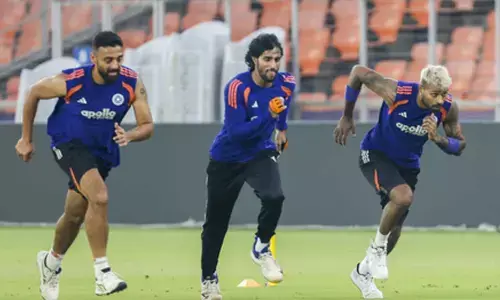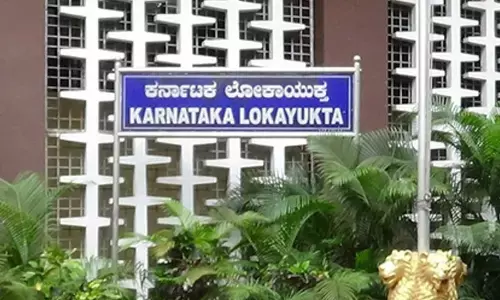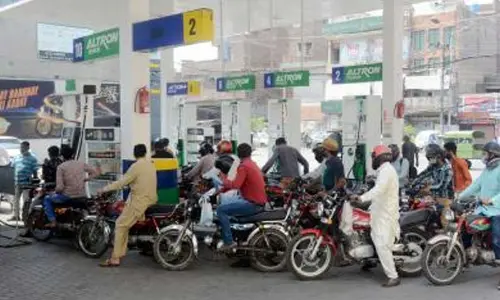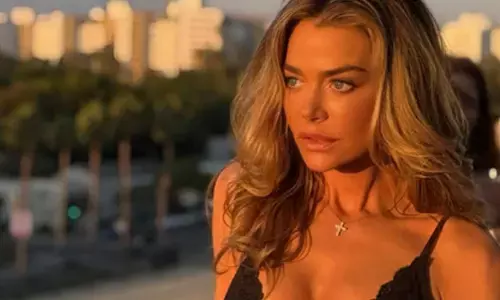An artistic bureaucrat
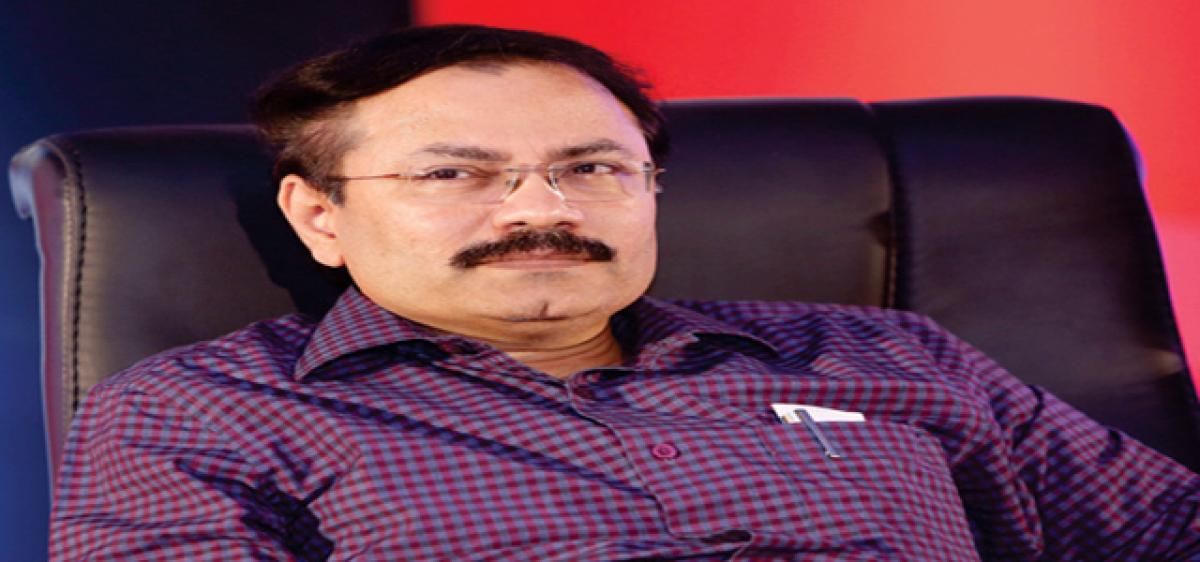
An unusual and admirable combination of a top bureaucrat and performing musician – that is TK Ramachandran for you. An IAS officer who is currently the Principal Secretary to the Government, Information Technology Department, Tamil Nadu, he is also a trained Carnatic music vocalist, who gives concerts.
An unusual and admirable combination of a top bureaucrat and performing musician – that is TK Ramachandran for you. An IAS officer who is currently the Principal Secretary to the Government, Information Technology Department, Tamil Nadu, he is also a trained Carnatic music vocalist, who gives concerts.
Ramachandran grew up in different cities around India – Chennai, Coimbatore, and Nagpur. He has a very impressive academic background having studied at two IIT institutes, at Kharagpur and Delhi. He also obtained a masters degree in Public Policy from Princeton University, USA. He received training in Carnatic music under eminent gurus.
He entered the Indian Administrative Service in 1991 and has been serving in Tamil Nadu ever since, except for a brief period when he went abroad for his master's degree. Ramachandran was in Hyderabad recently to give a Carnatic music concert. Here are excerpts from the interview he gave to The Hans India.
How did your music lessons begin? Was it your own desire or your parents' wish or a combination of both that led you to train in Carnatic music?
My mother is a singer. She is a Carnatic vocalist, herself. My father was a great connoisseur too. I was very much interested in music and learnt to sing just by listening to my mother. I picked up a lot of compositions including kritis, bhajans, ashtapadis, and also shlokas set to music like the Sanskrit works, Soundaryalahari, Naarayaneeyam and so on.
I received several awards at school including one for singing Vande Mataram, which I received from Acharya Kripalani. Later on, I took formal lessons too. I learnt to play the veena from a teacher called Parvathi and also received training in Hindustani music in Nagpur.
I started professional-level training only after getting into IIT, during the holidays from internationally renowned chitravina player Chitravina N Ravikiran and Chitravina N Narasimhan gave me lessons in the difficult art of pallavi singing.
In 1987, I began vocal music lessons under Sangeeta Kalanidhi TK Govinda Rao. I also took lessons from Sangeeta Kalanidhi T Brinda, Padmaja Srinivasan and Rama Ravi. At present, I continue to learn from N Narasimhan and Ravikiran.
How do you find time in your highly busy schedule for practice?
Time management is the key. Listening constitutes 90 per cent of learning. In today's age, one can listen to music even while at the gym or on a flight! I practise in the nights, on holidays and sometimes when I am travelling to the office!
Technology is a great facilitator since we can have the electronic tambura play on the car's speakers. If nothing, one can practise complex talas, korvais and pallavis mentally. Luckily my wife Satya is a great source of inspiration and encouragement and has been a pillar of strength in my musical journey over the last couple of decades!
When and where did you give your first concert?
There was no formal ‘rangapravesham’ or anything like that. But I have been singing and performing on stage from my childhood, actually from age nine. I have performed at many places in India and in the US. I am a graded artiste on AIR. I have not kept count of the number of concerts I had given but I restrict the number to an average of one or two a month and more during the December music season in Chennai.
Who are your favourite composers?
The compositions of the Trinity, undoubtedly, are my favourites. But I have great admiration for the exquisite music of padams and javalis especially those sung by the Veena Dhanammal family. I think nothing can beat the traditional rakthi ragas that have been honed to perfection over the centuries.
All great musicians of the past are my favourites: each of them had depth, true classicism, a distinct style and great scholarship and unmatched bhakti for the art. Among the living greats, my favourite musicians include Rama Ravi, R Vedavalli, Bombay sisters, Umayalpuram Sivaraman, TN Krishnan and many others. In the current generation of maestros, Chitravina Ravikiran is undoubtedly a complete musician with unparalleled “vidwat”. His music touches the soul.
What is your advice to anyone who is trying to balance a profession with an artistic pursuit?
We live but once. We must pursue our passions even outside our profession. There is always time for everything if only we use it well. Apart from giving us satisfaction, any art helps us develop all our faculties and provides meaning to our rushed lives.
Do you find time to attend others' concerts regularly?
I attend others’ concerts without fail, especially during the December Season in Chennai. I try to attend at least one concert of each artiste especially Malladi brothers, Sanjay Subrahmanian, Vijay Siva, and Neyveli Santhanagopalan.
Do we Indians take enough pride in our classical music tradition?
Classical music is one of the greatest treasures that India has bequeathed to the world. We, as Indians, should take pride in its preservation, propagation, promotion and patronage and ensure its survival for all time to come. And young Indians have a greater responsibility in ensuring this.



